SOC files: an APT41 attack on government IT services in Africa
NetmanageIT OpenCTI - opencti.netmanageit.com

SUMMARY :
Kaspersky's MDR team detected a targeted attack by APT41 against government IT services in Africa. The attackers used Impacket tools, Cobalt Strike, and custom agents for lateral movement and data collection. They leveraged DLL sideloading techniques and publicly available tools like Mimikatz and RawCopy. The group established persistence through scheduled tasks and services, and exfiltrated data via a compromised SharePoint server. The attack showcased APT41's ability to adapt their tools to the target infrastructure and leverage internal services for command and control. The incident highlights the importance of comprehensive monitoring and proper privilege management in defending against sophisticated threats.
OPENCTI LABELS :
cobalt strike,data exfiltration,lateral movement,mimikatz,targeted attack,government,dll sideloading,africa,sharepoint,checkout,pillager
AI COMMENTARY :
1. In a recent investigation, Kaspersky’s MDR team uncovered an APT41 campaign targeting government IT services across Africa. This operation demonstrated the group’s capacity to adapt their arsenal to fit the unique characteristics of the victim environment. By examining the log files and network traces, analysts pieced together a timeline of intrusion that underscores the strategic value of real-time threat intelligence in defending critical infrastructure.
2. The attackers initiated the breach by exploiting public-facing systems, deploying Impacket tools to conduct reconnaissance and credential harvesting. Once inside, they unleashed Cobalt Strike beacons to orchestrate lateral movement and maintain command and control. Leveraging the power of Mimikatz, the adversaries extracted high-privilege account credentials from memory, granting them unfettered access to sensitive systems.
3. DLL sideloading formed the cornerstone of the threat actor’s stealth strategy. By planting malicious libraries alongside legitimate executables, APT41 evaded signature-based detection and seamlessly blended into native Windows processes. Custom agents were then deployed to automate data collection, while scheduled tasks and services were configured to guarantee persistent footholds even after system reboots.
4. For data extraction, the group turned to RawCopy, enabling low-level file access and batch exfiltration without triggering standard security alerts. A compromised SharePoint server served as the final drop point, allowing stolen documents to be staged and siphoned off in encrypted archives. This use of internal services for covert data exfiltration highlights the threat of pivoting through trusted platforms.
5. The operation’s success hinged on APT41’s disciplined approach to infrastructure customization. By adjusting beacon timings and rotating payload hashes, they sidestepped many automated defenses. Their ability to layer publicly available tools with bespoke code modules exemplifies the evolving intersection between commodity malware and advanced persistent threat frameworks.
6. This incident underscores the imperative for comprehensive monitoring and strict privilege management within government networks. Continuous behavioral analysis, combined with real-time alerting on anomalous scheduled tasks or DLL load events, can help detect sideloading attempts. Regularly auditing SharePoint and other collaboration platforms reduces the risk of them becoming conduits for data exfiltration.
7. Ultimately, the APT41 ATO on African government IT services serves as a stark reminder that adversaries will keep innovating. Organizations must integrate threat intel feeds, conduct red team exercises, and refine their incident response playbooks. By adopting a layered defense model and fostering cross-team collaboration, defenders can stay ahead of sophisticated actors like APT41 and protect critical digital assets.
OPEN NETMANAGEIT OPENCTI REPORT LINK!
Use public read only username and password on login page.
NOTE : Use Public READ only user credentials on login page banner.
SOC files: an APT41 attack on government IT services in Africa


